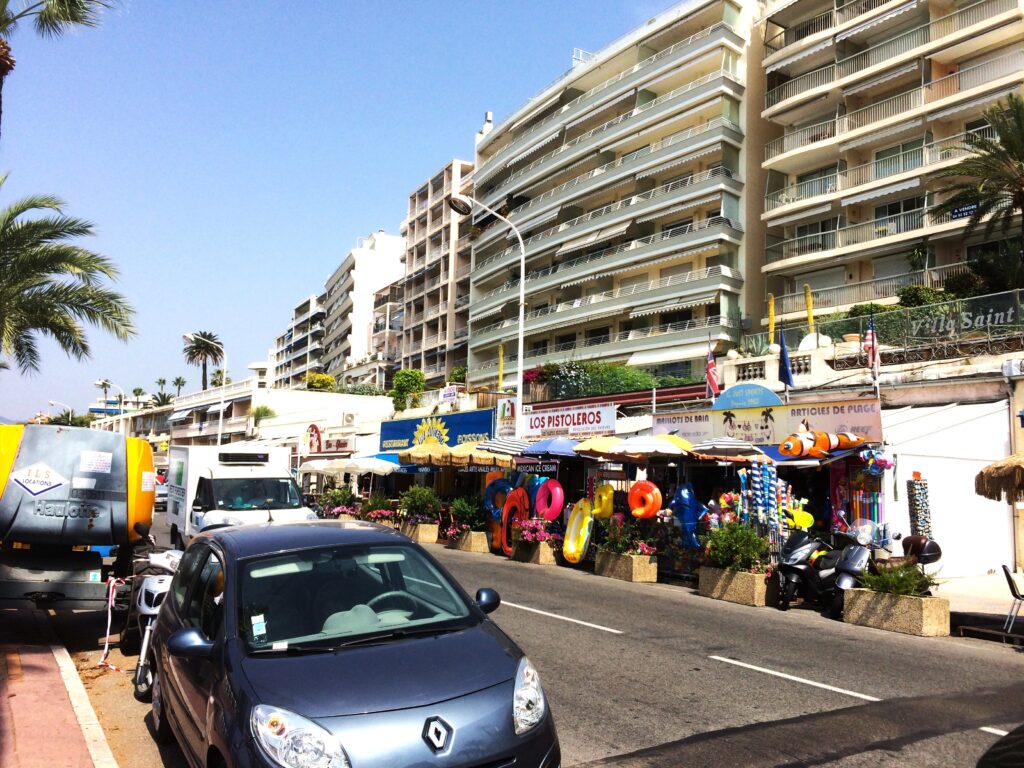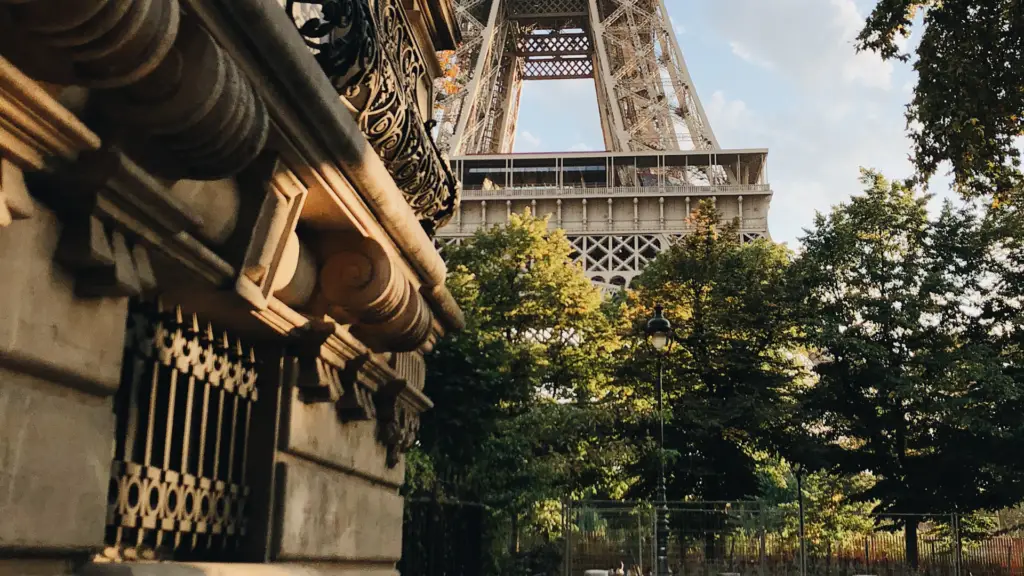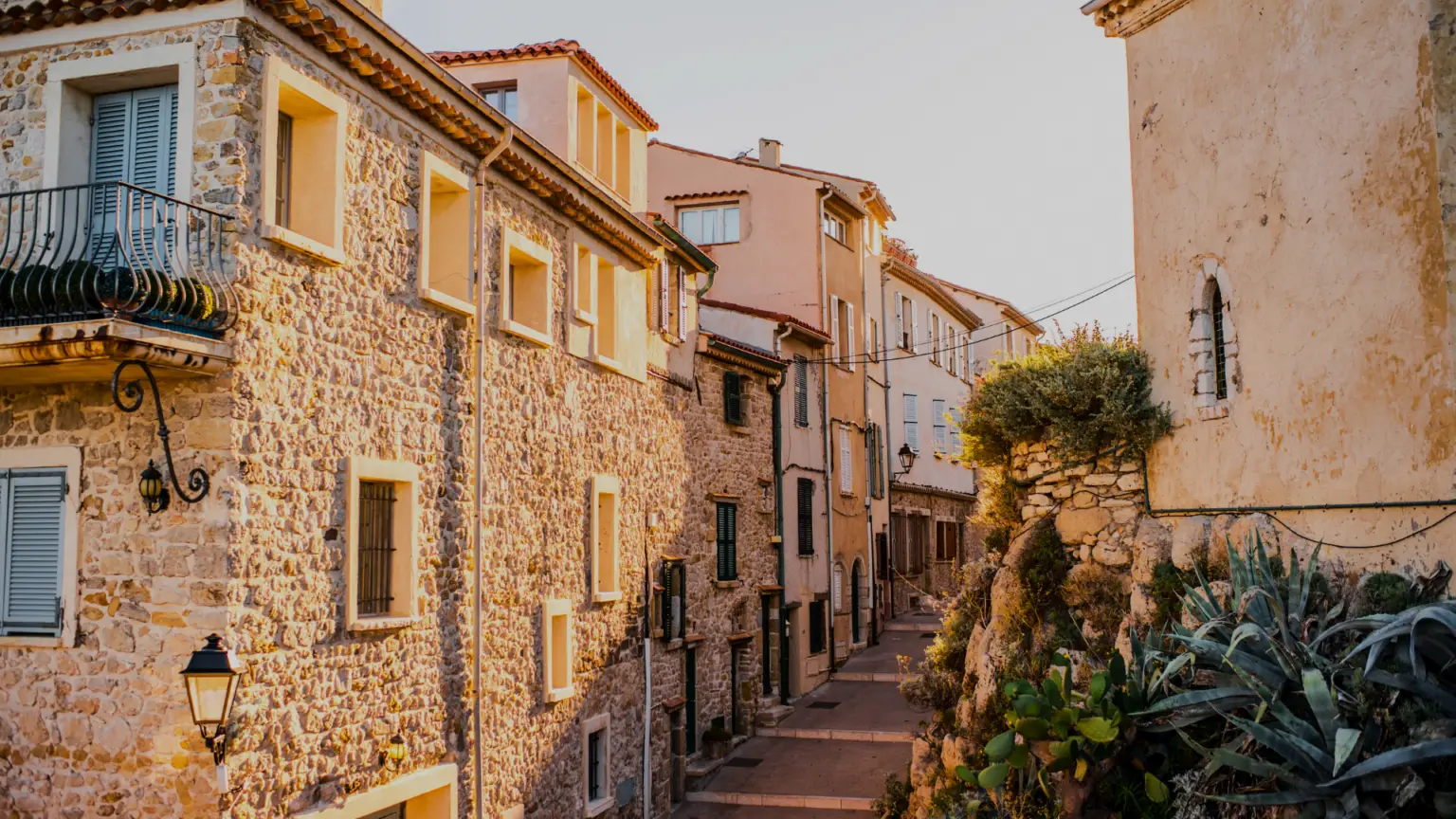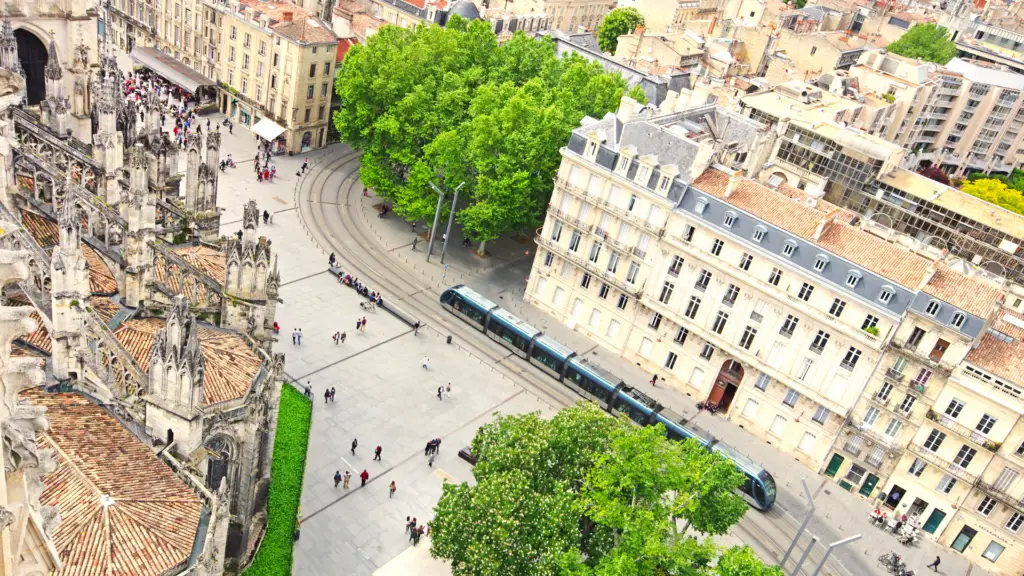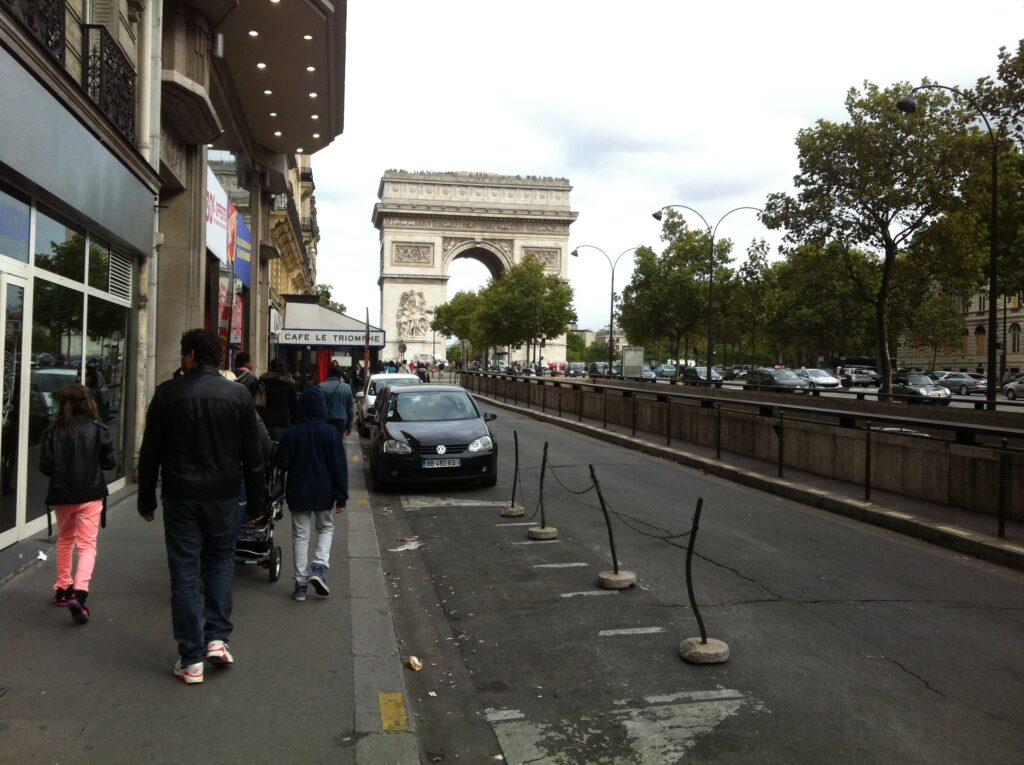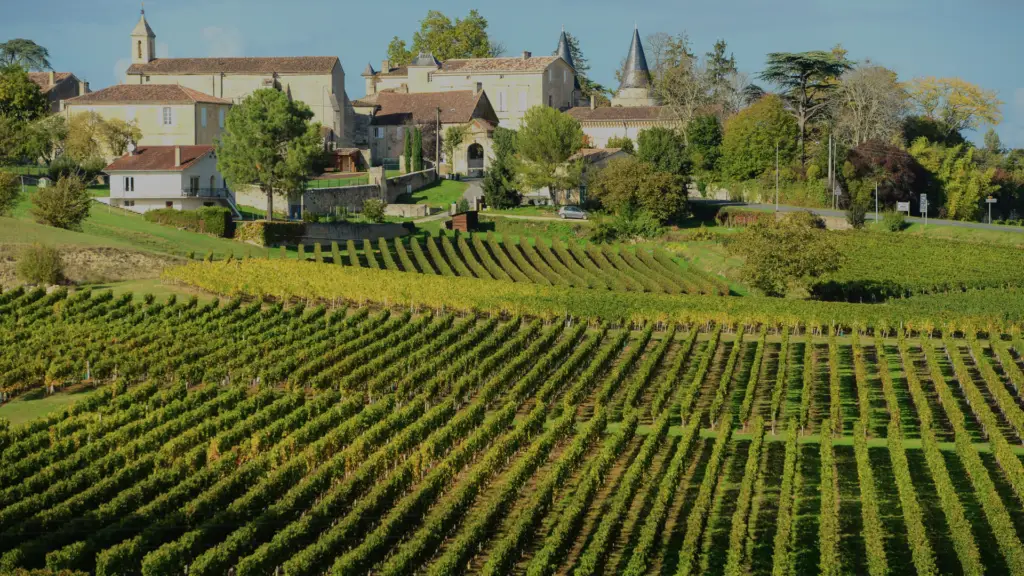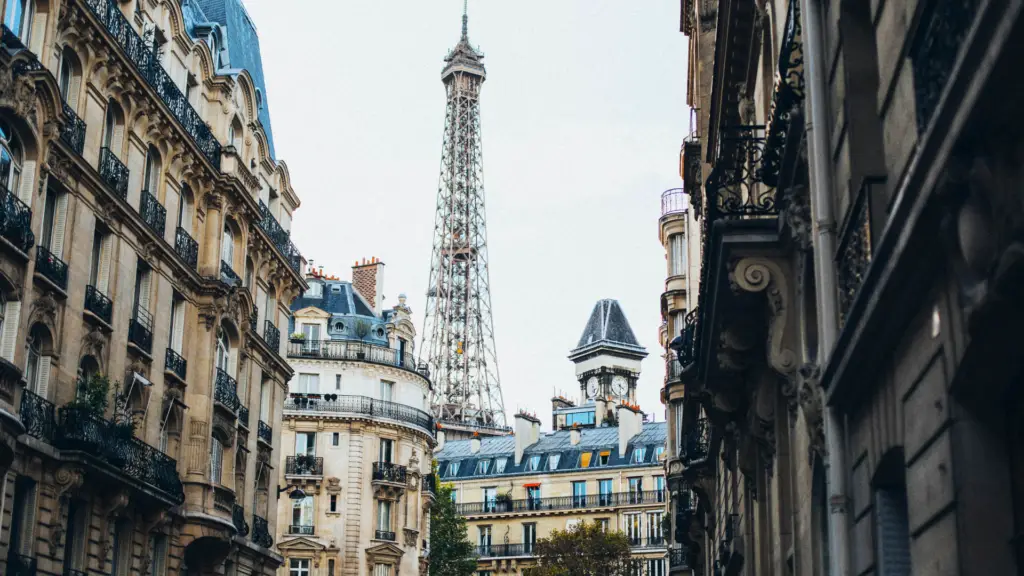
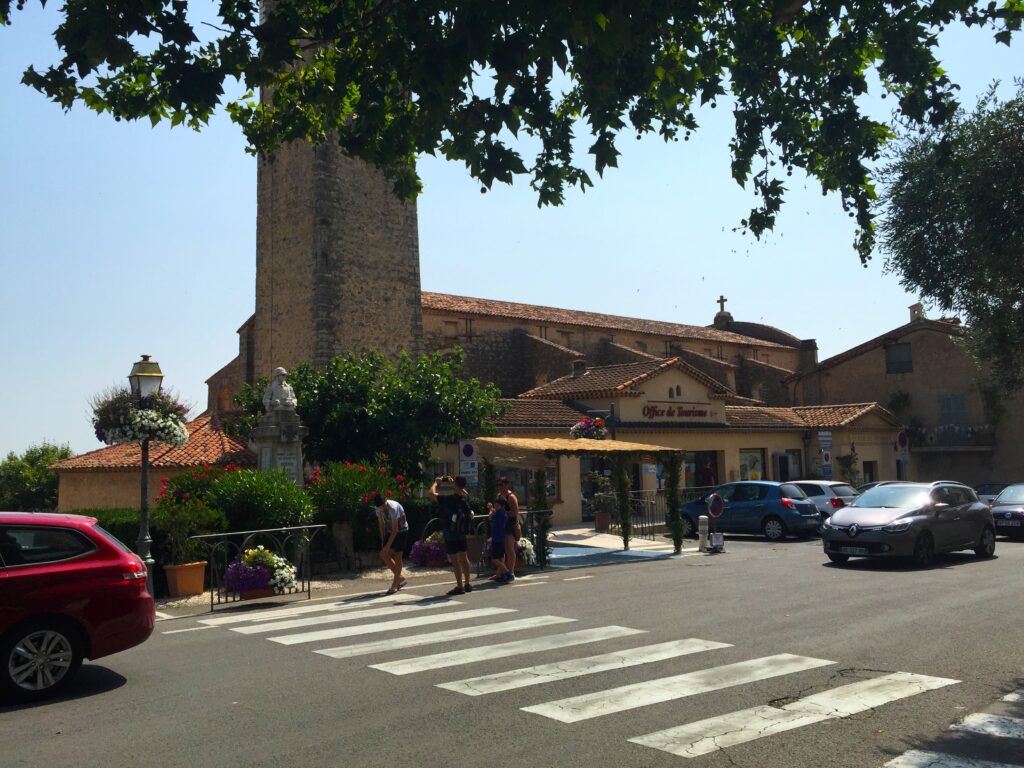
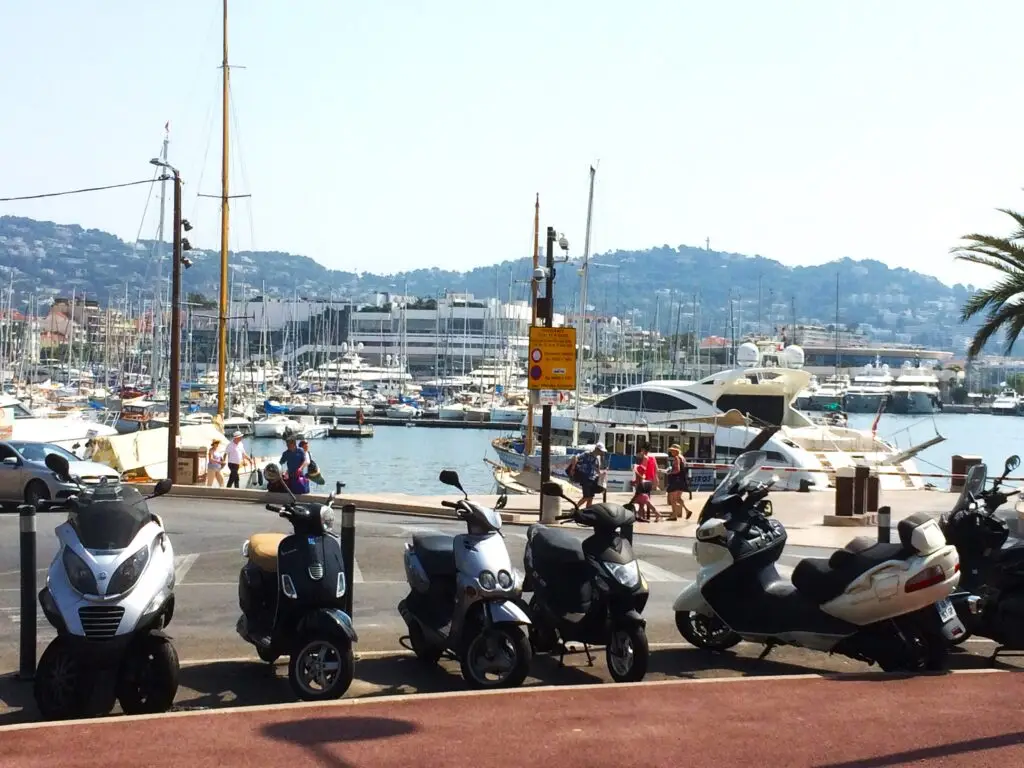
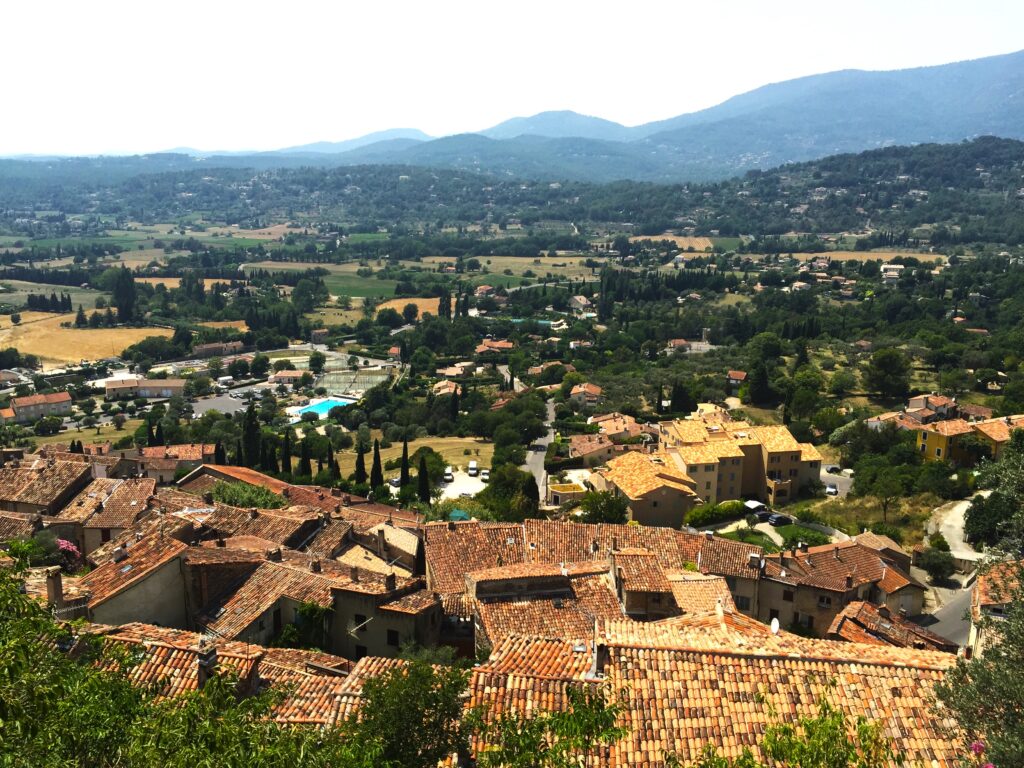
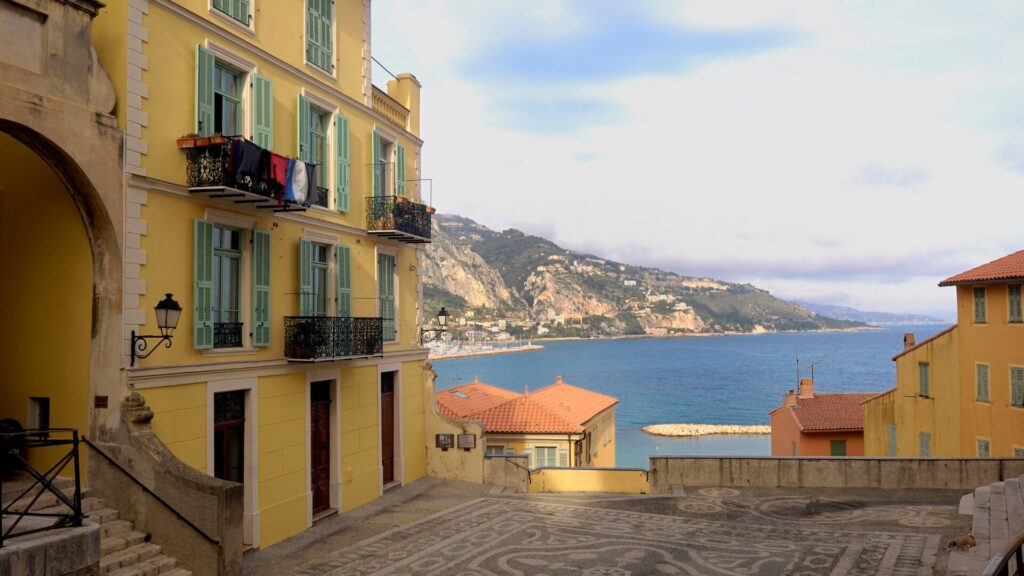
What To Expect In France
France is a country known for its stunning landscapes, rich cultural heritage, and world-renowned cuisine. Whether you’re strolling along the Seine in Paris, exploring the vineyards of Bordeaux, or soaking in the coastal beauty of Nice, France offers an abundance of unforgettable experiences. From historic landmarks like the Eiffel Tower and Mont Saint-Michel to charming villages and bustling markets, France promises travelers a perfect blend of history, art, and modern luxury.
Language: The official language of France is French, and while English is widely spoken in major cities and tourist areas, especially in Paris, it’s especially appreciated when visitors attempt to speak a few basic phrases in French. Simple phrases like “bonjour” (hello), “merci” (thank you), and “s’il vous plaît” (please) are musts for enhancing your interactions with locals. In smaller towns and rural areas, English may be less common, so having a translation app or phrasebook handy is helpful.
Currency: France uses the Euro (EUR) as its official currency. Credit and debit cards are widely accepted in hotels, restaurants, shops, and tourist spots, but it’s recommended to carry some cash for smaller purchases, especially in rural areas or at local markets. ATMs are plentiful in cities and towns, making it easy to withdraw euros as needed. The exchange rate typically fluctuates around 1 EUR to 1.1 USD, but it’s best to check current rates before your trip. If you’re using a non-EU card, make sure to notify your bank about your travel plans to avoid issues with international transactions.
Climate: France’s climate varies across its different regions, offering a diverse range of weather patterns throughout the year:
- Paris and Northern France: Expect a temperate climate with mild summers (around 68-77°F or 20-25°C) and cool, rainy winters (37-46°F or 3-8°C). Spring and autumn are ideal for exploring the cities with comfortable temperatures and fewer crowds.
- Southern France and the French Riviera: The south enjoys a Mediterranean climate with hot, dry summers (up to 86°F or 30°C) and mild winters, making it perfect for beach lovers. The best time to visit the French Riviera is from May to September.
- Eastern France (Alsace and the Alps): The Alps and eastern regions have colder winters, perfect for skiing, while summers are warm and ideal for outdoor activities like hiking.
- Western France (Bordeaux and Normandy): Coastal areas like Bordeaux experience a temperate climate, with mild winters and pleasant summers.
Spring (April to June) and autumn (September to November) in France are ideal for pleasant weather, fewer crowds, and vibrant cultural events. Spring in France comes alive with blooming landscapes and events like the Cannes Film Festival, drawing international stars and film enthusiasts. June to August offers iconic festivals such as the Tour de France and Bastille Day. Autumn offers mild temperatures perfect for exploring vineyards during the Grape Harvest Festival in Burgundy and Alsace. Winter, from December to February, is magical for those visiting the Christmas markets in Strasbourg or skiing in the French Alps. No matter the season, France offers a rich tapestry of experiences to suit every traveler’s desires.
